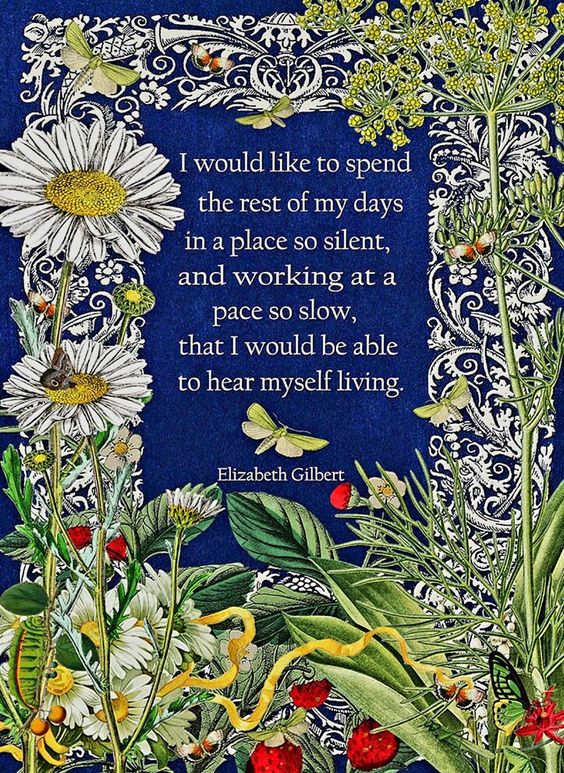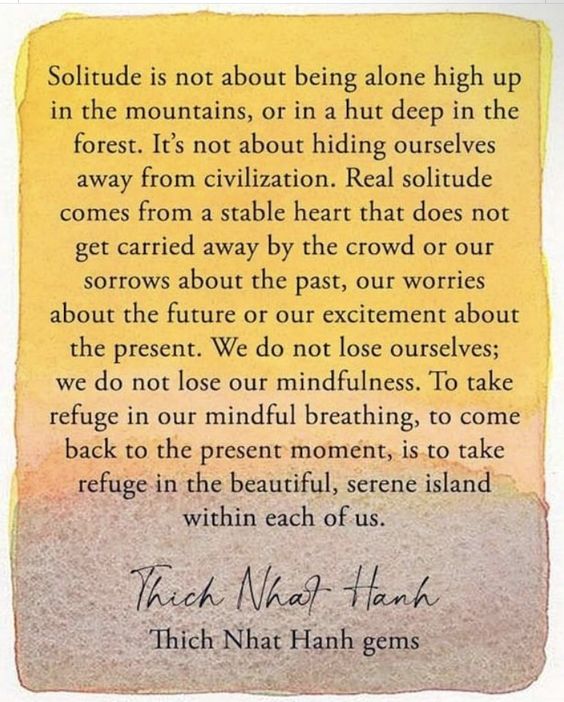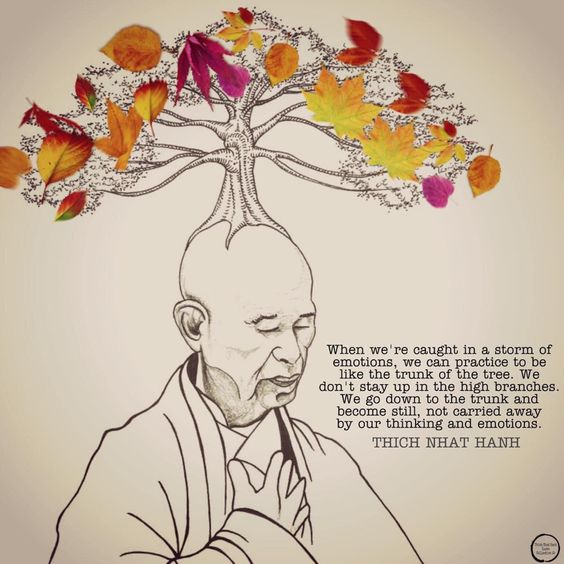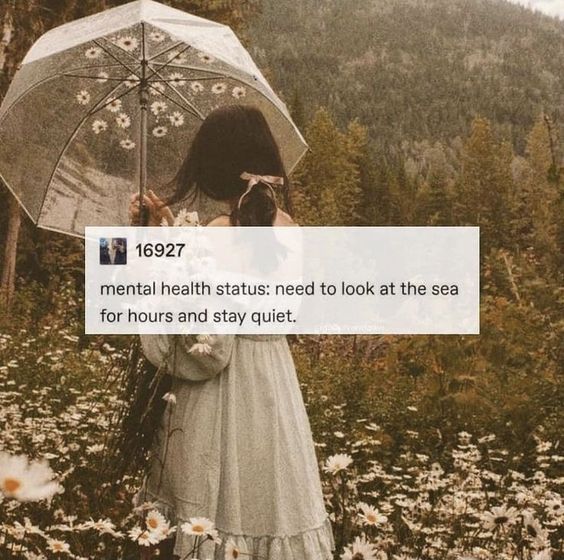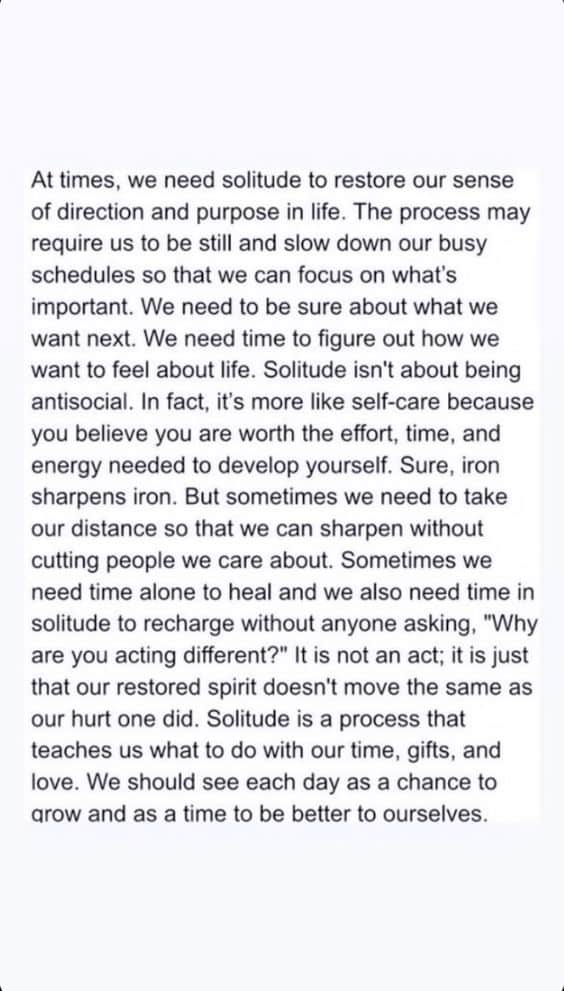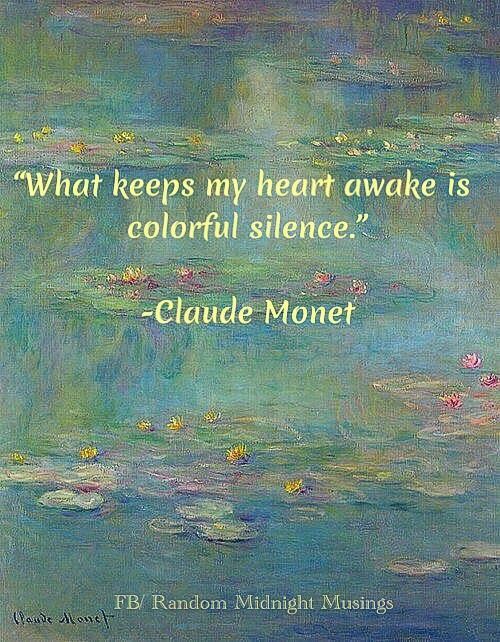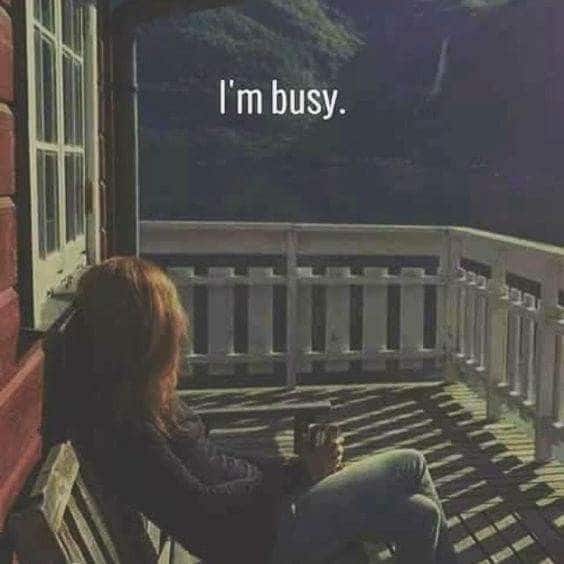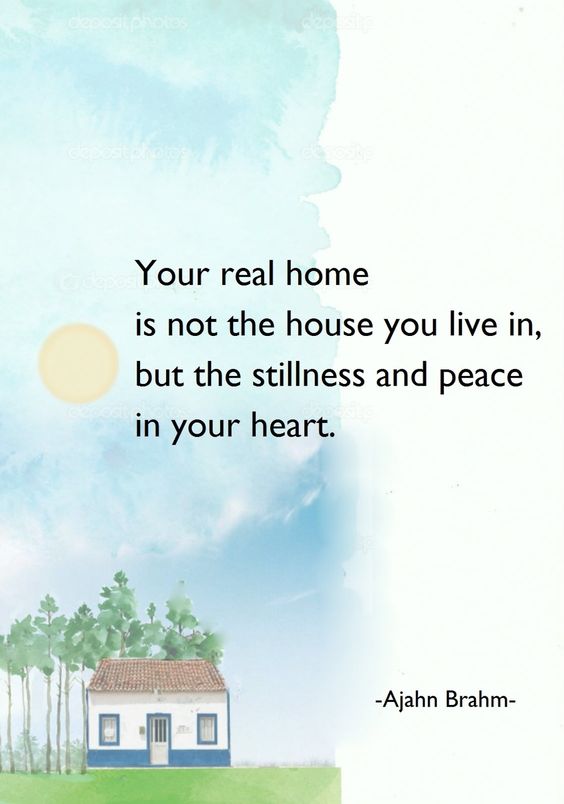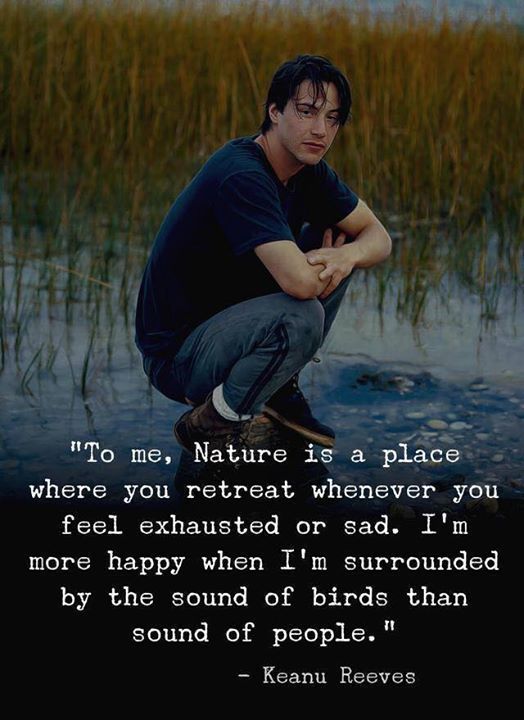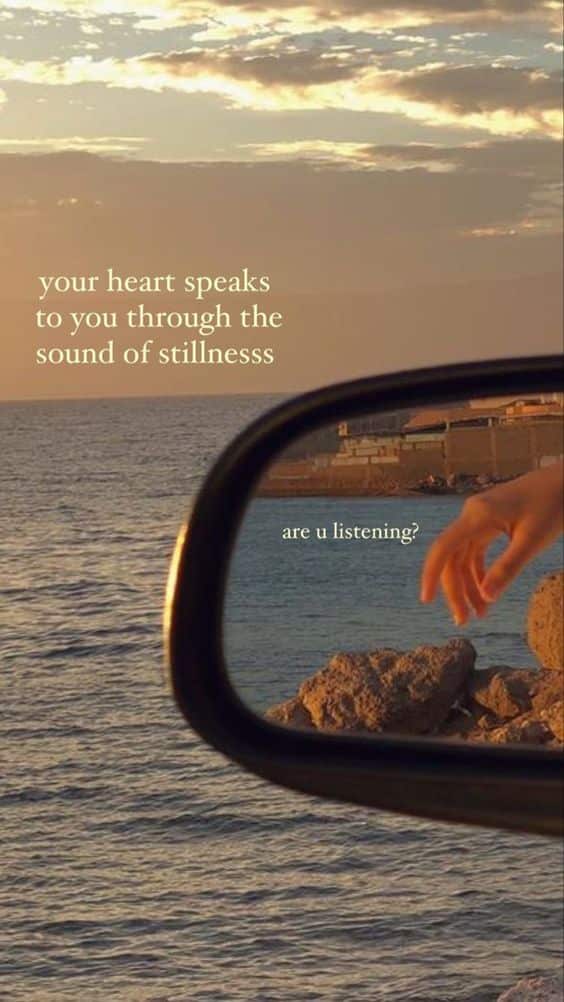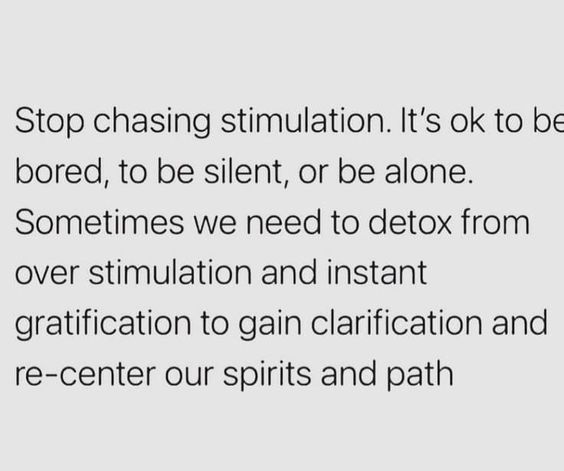“John D. Rockefeller would take regular breaks from his notoriously demanding schedule to mill about in his garden—it was his personal escape. Find your “garden” and go there often. Practice stillness, flex the solitude muscle. Be bored for at least 15 minutes per day. It’s an unlock for creativity and mindfulness.”
Sahil Bloom
“The truth was that practicing writing meant practicing sitting down, sitting still, and my body did not ever want to be still. When it had to be still, all it wanted to do was imagine dunking with two hands or kissing a girl who loved me. Sitting still, just as much as any other part of writing, took practice. Most days, my body did not want to practice, but I convinced it that sitting still and writing were a path to memory.”
Kiese Laymon, Heavy (Page 86)
“If one wants to see a thing very clearly, one’s mind must be very quiet, without all the prejudices, the chattering, the dialogue, the images, the pictures—all that must be put aside to look.”
J. Krishnamurti, Freedom From The Known (Page 103)
“Learn to be alone, but never get too attached to your aloneness. Remain capable of relating with others. Learn to meditate, but don’t move so far to an extreme that you become incapable of love. Be silent, peaceful, still, but don’t get obsessed by this stillness, or you will not be able to face the marketplace. It is easy to be silent when you are alone. It is difficult to be silent when you are with people, but that difficulty has to be faced. Once you are able to be silent with people, you have attained; now nothing can destroy it.”
Osho, Everyday Osho (Page 163)
“Enjoy silence; but know that silence is not against noise. Silence can exist in noise. In fact, when it exists in noise only then is it real silence. The silence that you feel in the Himalayas is not your silence; it belongs to the Himalayas. But if in the marketplace you can feel silence, you can be utterly at ease and relaxed, it is yours. Then you have the Himalayas in your heart, and that’s the true thing!”
Osho, Everyday Osho (Page 128)
“We need space to escape in order to discern the essential few from the trivial many. Unfortunately, in our time-starved era we don’t get that space by default—only by design.”
Greg McKeown, Essentialism (Page 64)
“When we tune out the opinions, expectations, and obligations of the world around us, we begin to hear ourselves. In that silence, I recognize the difference between outside noise and my own voice. I could clear away the dust of others to see my core beliefs.”
Jay Shetty, Think Like A Monk (Page 11)
Think Like A Monk [Book]
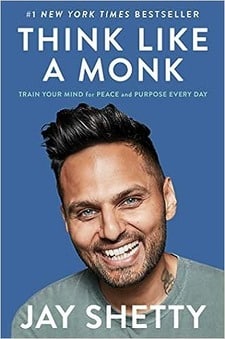
Book Overview: In this inspiring, empowering book, Shetty draws on his time as a monk to show us how we can clear the roadblocks to our potential and power. Combining ancient wisdom and his own rich experiences in the ashram, Think Like a Monk reveals how to overcome negative thoughts and habits, and access the calm and purpose that lie within all of us. He transforms abstract lessons into advice and exercises we can all apply to reduce stress, improve relationships, and give the gifts we find in ourselves to the world. Shetty proves that everyone can—and should—think like a monk.
Post(s) Inspired by this Book:
“…These are among the most important times in one’s life–when one is alone. Certain springs are tapped only when we are alone. The artists knows he must be alone to create; the writer to work out his thoughts; the musician, to compose; the saint, to pray.”
Anne Morrow Lindbergh, Gift from the Sea
